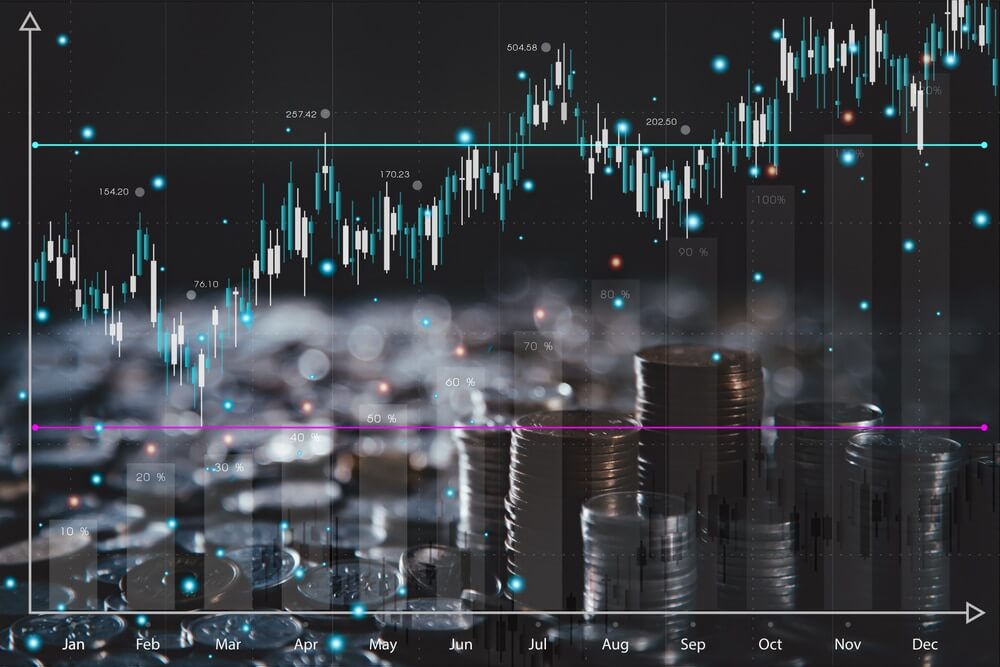
European Stocks Rise Slightly
European stock markets were slightly higher on Thursday morning. The pan-European Stoxx 600 was up 0.3% by mid-morning, with chemicals stocks adding 0.7% to lead gains as most industries and significant bourses dipped into the green.
The Fed intends to slow the rate hikes, implying smaller increases through the end of this year and into 2023, according to the minutes from its November meeting, which showed that the central bank is making progress in its battle against high inflation.
A large majority of participants believed that a slowing in the rate of increase would be appropriate soon.
European investors reacted to the surprise result, with the eurozone purchasing managers’ index (PMI) confirming that the 19-member currency bloc had entered recession since Wednesday and that business activity was slowing slightly.
Overnight, Asian markets rose in response to the Fed’s statement that it expected to switch to smaller rate hikes “soon.” Following a choppy session, US stocks closed higher on Wednesday.
The Ifo Institute’s German business climate index increased from 84.5 in October to 86.3 in November.
While companies were slightly less satisfied with their current business, their pessimism about the coming months decreased dramatically. The recession may be milder than many had predicted.
The index rose significantly in manufacturing, where firms were less pessimistic about the future but rated their current situation as worse, according to Fuest.
The number of new orders fell once more. While uncertainty about future business development remains high, it has decreased slightly. However, uncertainty increased in energy-intensive industries.
This has been a difficult year for investors. Although October’s inflation rate was lower, it was still 7.7% higher than the previous month’s rate of 6.2%, which is excessive. As a result, interest rates are rising quickly, increasing the cost of capital. The available money is used to buy goods constrained by China’s congested supply chains and ongoing COVID lockdowns. Due to reduced global stocks of natural gas, wheat, and cooking oils brought on by Russia’s war in Ukraine, food, and energy prices are rising.




